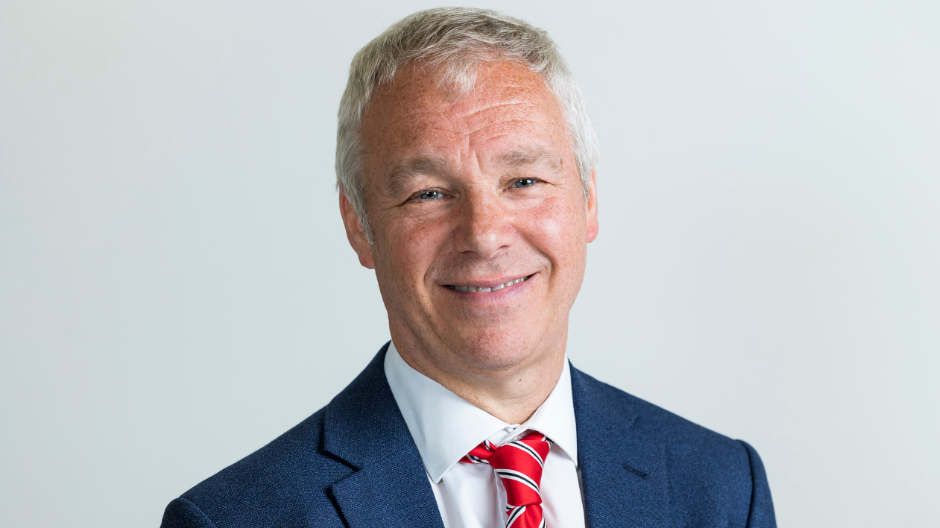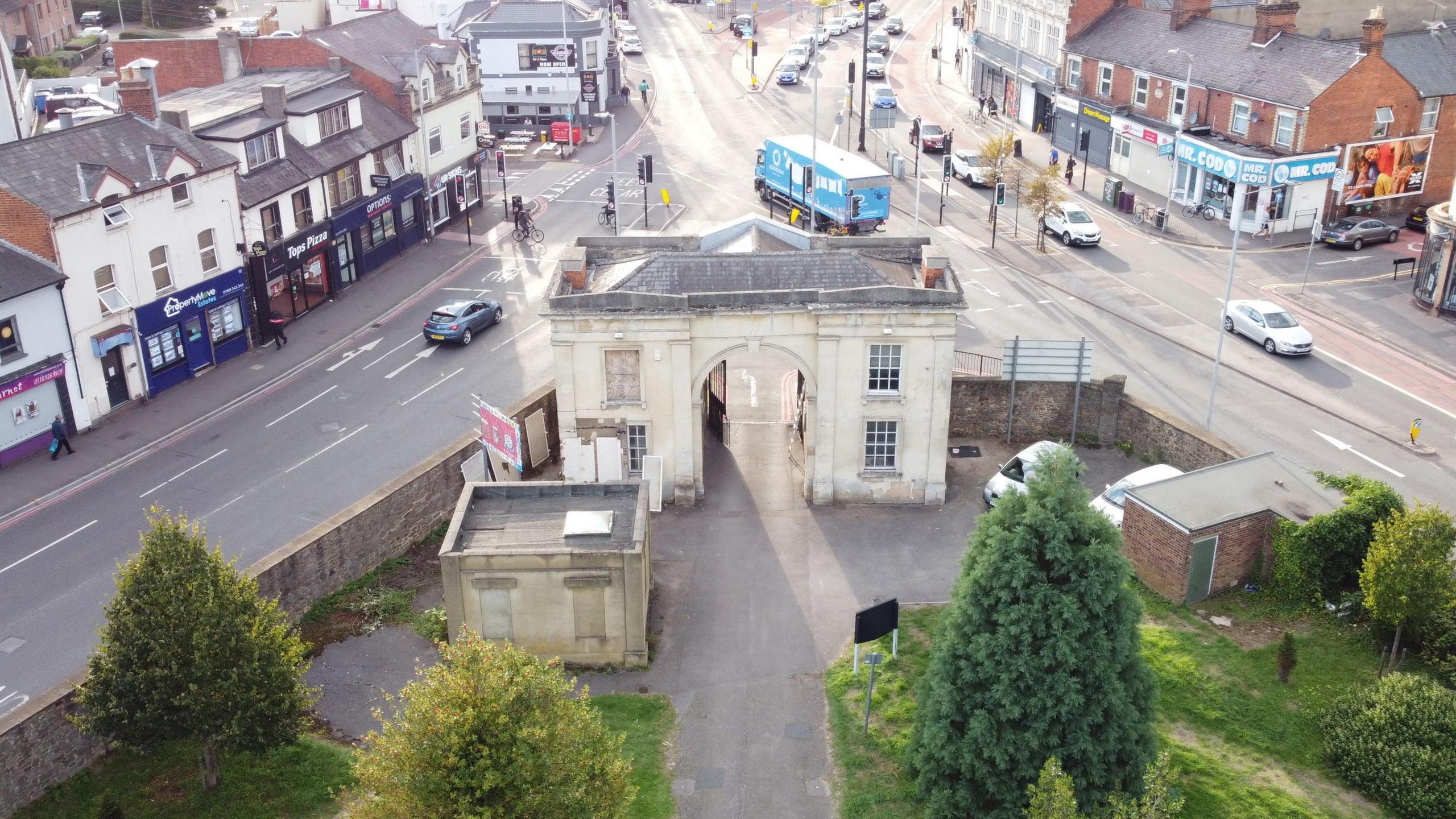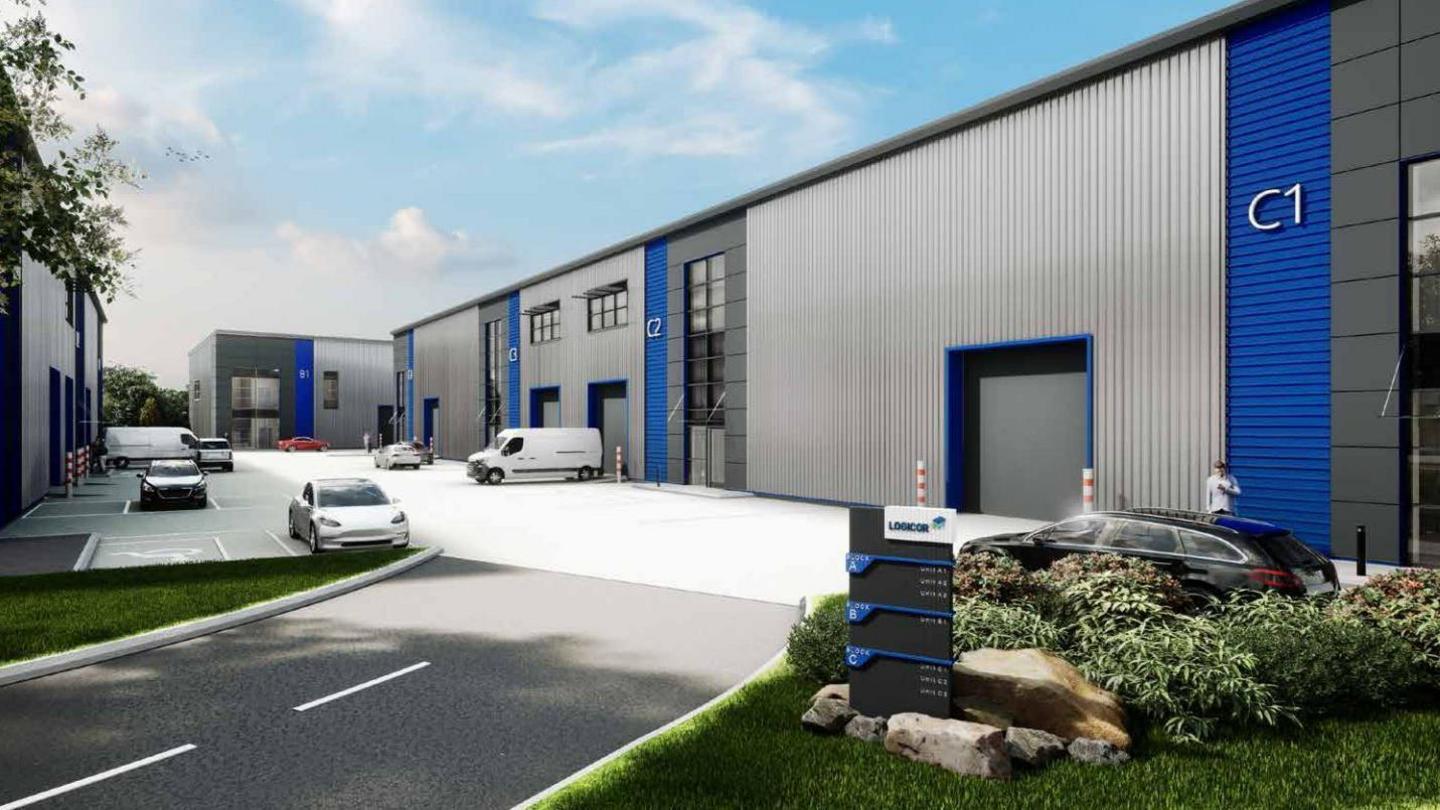Plans for town's third bridge opposed by six councils

Plans for a third Thames Bridge would link Thames Valley Park in Earley with Caversham
- Published
Six councils have joined forces to oppose a project that would see a new bridge built over the River Thames to alleviate traffic.
The prospect is in Reading Borough Council’s transport strategy 2040, but the Kidmore End, Eye & Dunsden, Binfield Heath, Stoke Row, Sonning Common and Highmoor parish councils are calling for it to be removed.
Currently, traffic can use either Reading Bridge or Caversham Bridge to cross the river, whilst Christchurch Bridge is for pedestrians and cyclists only.
Labour councillor for Southcote, John Ennis, said a third crossing in the town would be helpful to alleviate pressure on the road network.
A possible design would see a new crossing established between Thames Valley Park in Earley and the junction of Caversham Park Road and the Henley Road, on the borough boundary with South Oxfordshire.
The only alternatives are much further away at Pangbourne to the west or Sonning to the east.
The appeal seems to have been rebuffed by the council’s Labour administration which remains committed to the possibility of a new crossing to alleviate traffic.

Councillor John Ennis says a third bridge would alleviate pressure on the roads
Ennis explained that increasing bus use by introducing park-and-ride services north of the river would play a crucial part in bringing traffic levels down.
He identified the A4074 Upper Woodcote Road, the B481 Peppard Road and the A4155 Henley Road as locations where bus services could be enhanced.
However, he argued that buses would still fall foul of heavy traffic when crossing the existing bridges, therefore a third crossing would be helpful to alleviate pressure on the road network.
He said: “The delivery of these park and ride facilities would help to reduce demand for traffic crossing the River Thames; and would therefore help to alleviate some of the issues set out in the strategy.
“However, they would not resolve the issues of sometimes slow and unreliable bus journey times which are impacted by congestion over the existing river crossings, nor would they provide an alternative route for through-traffic which is not seeking to stop within Reading.”
Ultimately, the council’s transport strategy 2040 was approved at the meeting on Tuesday.
Get in touch
Do you have a story BBC Berkshire should cover?
You can follow BBC Berkshire on Facebook, external, X (Twitter), external, or Instagram, external.
Related topics
More from the BBC in Reading
- Published17 October 2024

- Published14 October 2024

- Published8 October 2024
